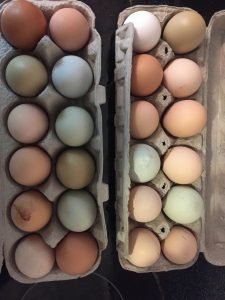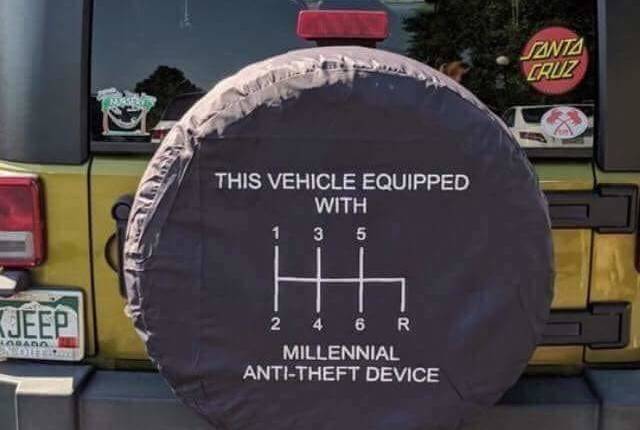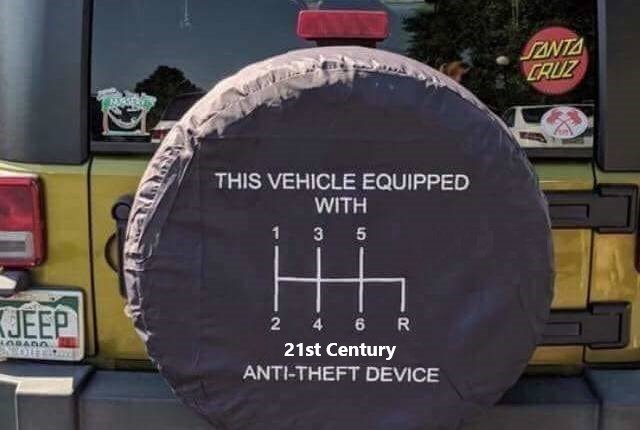Egg-cellent.
 My wife and I get local eggs from a friend of hers with a farm. It’s a bit out of town but chickens have been allowed within Nashville’s city limits since 2014—and chickens only. Roosters are definitely not allowed but I’m pretty sure I’ve heard crowing once or twice in certain areas so either some people have roosters or are doing a pretty good imitation of one at six in the morning, which, now that I think about it, wouldn’t be that surprising. Hey, Nashville attracts some weird people or, in my case, produces them, but that’s another story.
My wife and I get local eggs from a friend of hers with a farm. It’s a bit out of town but chickens have been allowed within Nashville’s city limits since 2014—and chickens only. Roosters are definitely not allowed but I’m pretty sure I’ve heard crowing once or twice in certain areas so either some people have roosters or are doing a pretty good imitation of one at six in the morning, which, now that I think about it, wouldn’t be that surprising. Hey, Nashville attracts some weird people or, in my case, produces them, but that’s another story.
The variety of eggs we get reminds me that a few years ago a young woman who worked at the same place I do and who lived in my neighborhood started riding the same bus as me and we’d walk part of the way home together. It was kind of nice sharing the trip with someone else. I learned she was originally from Athens, Georgia, and I’m still not sure if I committed a faux pas by saying, “I love the B-52s!” but I think we bonded over the fact that it’s another southern city that produces its own kind of weirdness.
She also told me about her chickens. She was one of the first in the area to get a chicken permit and had her own backyard coop and seven different chickens of various breeds, each with their own distinct personality. She made having backyard chickens sound like so much fun I was tempted to talk my wife into getting some of our own but there were also some problems. She’d had twelve but lost five to predators, probably foxen, although we also have coyotes and raccoons in the area. There was also the mess and the coop needed regular cleaning.
“And then there are the eggs,” she said, sighing. “Sometimes I so many eggs I get sick of them. I’ve tried every possible recipe for eggs I can find. The other night I made deviled eggs just for something different and my husband ate most of them in one sitting.”
Actually that sounded pretty good to me. At every family gathering and potluck I’ve been to someone brings a plate of deviled eggs and I have to remind myself not to eat all of them. That’s not weird, right?












